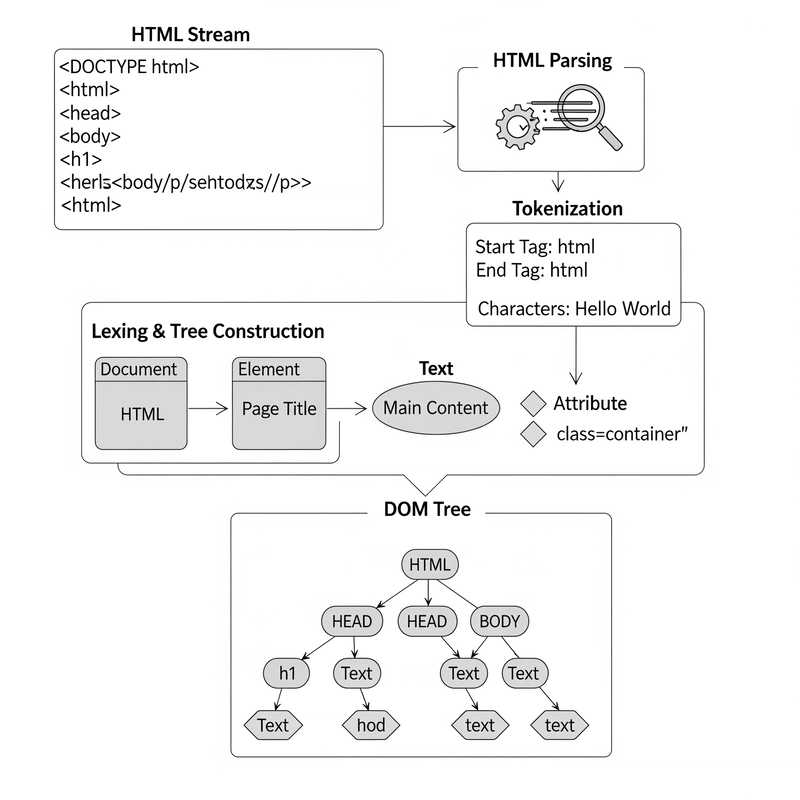React 19 Brings Automatic Optimization

For years, React developers have relied on useMemo and useCallback to optimize performance and prevent unnecessary re-renders. However, React 19 introduces a game-changing feature: the React Compiler, which eliminates the need for manual memoization in most cases.
In this article, we’ll explore how memoization worked before React 19, how the new React Compiler optimizes performance, and when (if ever) you still need useMemo and useCallback.
The Problem with Manual Memoization
What is Memoization in React?
Memoization is a performance optimization technique that caches the results of expensive function calls, preventing redundant calculations when the same inputs occur again.
Why Did We Use useMemo and useCallback Before React 19?
React used to recreate functions and recalculate values on every render, even when unnecessary. To avoid performance issues, developers had to manually optimize their code by using:
-
useMemoto memoize expensive calculations. -
useCallbackto prevent unnecessary function re-creations.
Example (Before React 19):
import { useState, useMemo, useCallback } from "react";
function ExpensiveComponent({ num }) {
const expensiveValue = useMemo(() => {
console.log("Computing...!");
return num * 2;
}, [num]);
const handleClick = useCallback(() => {
console.log("Button clicked!");
}, []);
return (
<div>
<p>Computed Value: {expensiveValue}p>
<button onClick={handleClick}>Click Mebutton>
div>
);
}✅ Optimization Done Manually:
-
useMemoprevents recalculatingexpensiveValueon every render. -
useCallbackensureshandleClickisn’t recreated unnecessarily.
🚨 The Problem:
- Wrapping functions and values in
useMemoanduseCallbackincreases code complexity. - Overuse can make code harder to read and maintain.
The React 19 Solution: Automatic Memoization
React 19 introduces the React Compiler, which automatically optimizes function calls and values without requiring manual memoization.
How Does the React Compiler Work?
The React Compiler analyzes components and optimizes them by:
- Skipping unnecessary re-renders.
- Memoizing expensive calculations automatically.
- Stabilizing function references to prevent unnecessary prop changes.
Example (React 19 — No More useMemo & useCallback!):
function ExpensiveComponent({ num }) {
function computeValue() {
console.log("Computing...!");
return num * 2;
}
function handleClick() {
console.log("Button clicked!");
}
return (
<div>
<p>Computed Value: {computeValue()}p>
<button onClick={handleClick}>Click Mebutton>
div>
);
}✅ No Manual Memoization Needed:
- The React Compiler ensures
computeValue()andhandleClick()don’t cause unnecessary re-renders. - Code is cleaner, more readable, and efficient without extra effort.
Do You Still Need useMemo and useCallback?
While React 19 removes the need for manual memoization in most cases, some edge cases may still require them:
When Should You Still Use useMemo?
- When using third-party libraries that require memoized values.
- When performing extremely expensive calculations that React’s optimizations don’t catch.
When Should You Still Use useCallback?
- When passing functions to memoized child components (
React.memo) that depend on strict reference equality.
However, in most cases, you don’t need them anymore! 🎉
Best Practices & Common Mistakes
✅ Best Practices:
- Write simple code first, let React optimize it.
- Use
useMemoanduseCallbackonly when truly necessary. - Test performance before optimizing.
❌ Common Mistakes:
- Overusing
useMemoanduseCallback, making code unnecessarily complex. - Assuming all code needs memoization without testing performance first.
- Forgetting to upgrade to React 19 before relying on automatic optimizations.
Conclusion 🎯
React 19’s automatic memoization via the React Compiler is a game-changer for performance optimization. It eliminates the need for manual memoization, making code simpler, cleaner, and easier to maintain.
If you’re still manually optimizing every function, it’s time to upgrade and let React handle it for you!
🚀 Are you excited about React 19? Upgrade your project and test these optimizations yourself!
💬 Have questions? Drop them in the comments below. Happy coding! 😊

